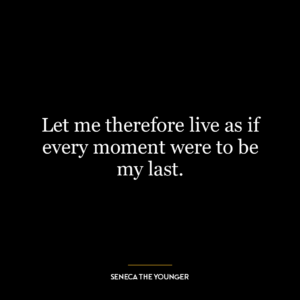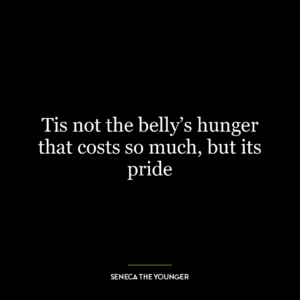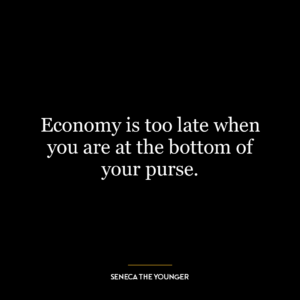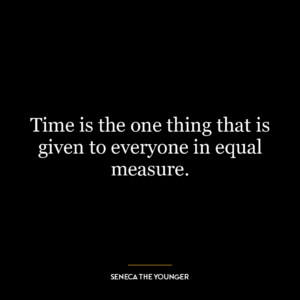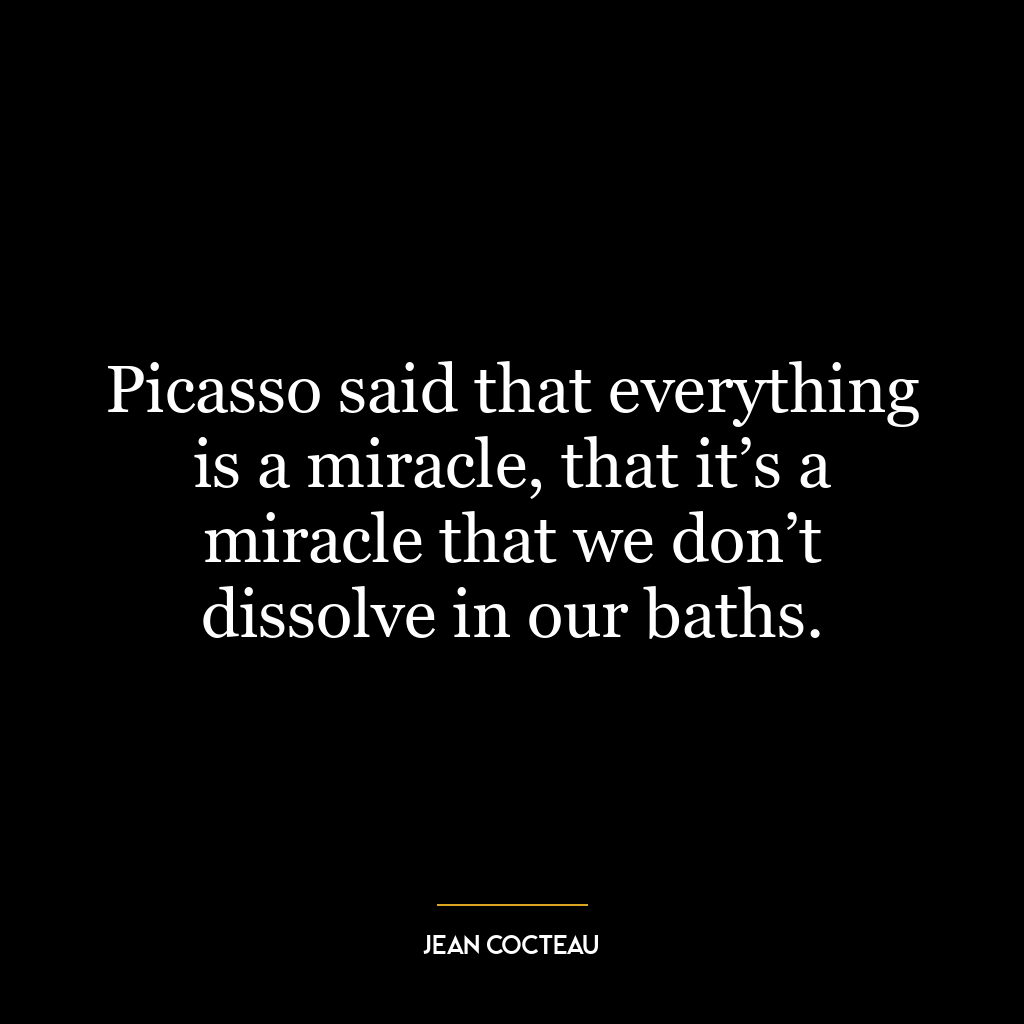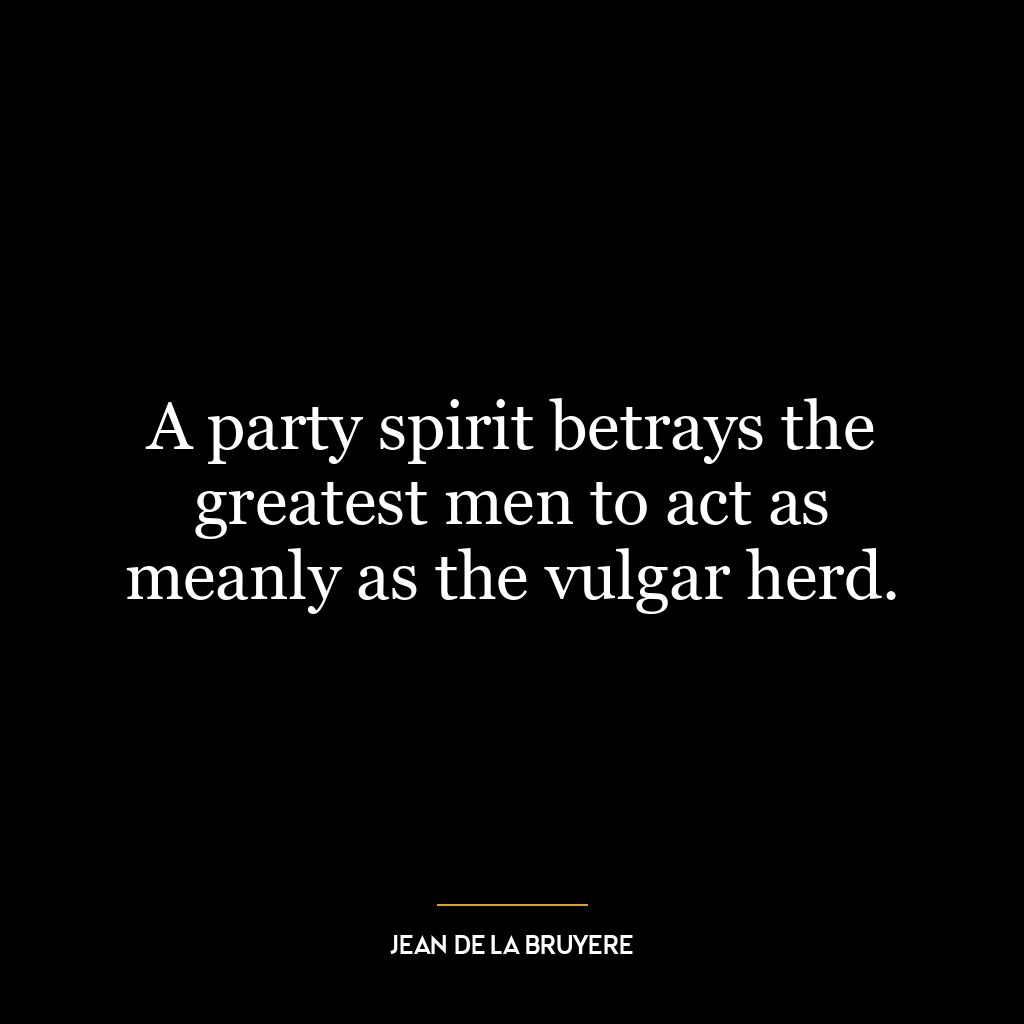Life’s neither a good nor an evil: it’s a field for good and evil.
This quote by Seneca the Younger suggests that life in itself is neither inherently good nor bad. Rather, it is a platform or a field where both good and evil can manifest. It is up to individuals to determine what they cultivate in this field. Each person’s actions, decisions, and attitudes shape the course of their life, making it either good or evil. In essence, life is a neutral entity, and we are the ones who give it meaning through our actions.
This perspective encourages personal responsibility for one’s actions. It suggests that we are not simply victims of fate or destiny, but active participants who can influence our life’s direction. This idea can be empowering, as it implies that we have control over our lives and are not merely subject to external forces.
Applying this idea to today’s world or personal development, it suggests that every decision we make, every action we take, has the potential to contribute to good or evil. For instance, in the context of environmental sustainability, our daily choices—like whether to recycle, reduce our carbon footprint, or support sustainable businesses—can collectively contribute to the well-being or deterioration of our planet.
In terms of personal development, it implies that our character and personal growth are shaped by our actions and decisions. It’s about recognizing that every choice we make can either lead us towards becoming the person we aspire to be or steer us away from it. Therefore, we must consciously make decisions that align with our values and aspirations, cultivating the ‘good’ in the field of our lives.
The quote can also be interpreted as a call to action, a reminder that we have the power to influence not only our lives but also the world around us. It encourages us to be mindful of our actions, as they have the potential to create a ripple effect, influencing others and shaping the world in either positive or negative ways.



